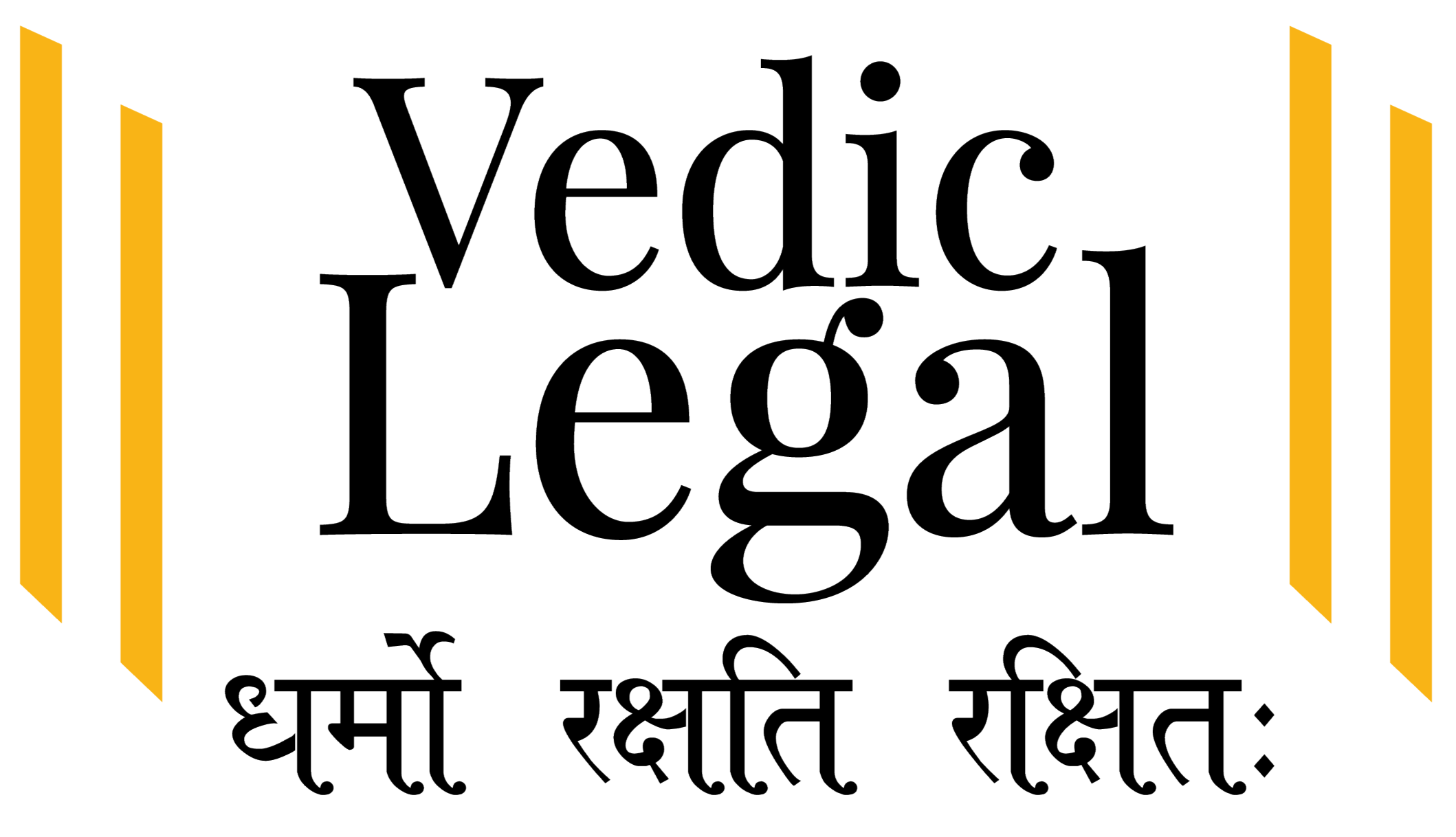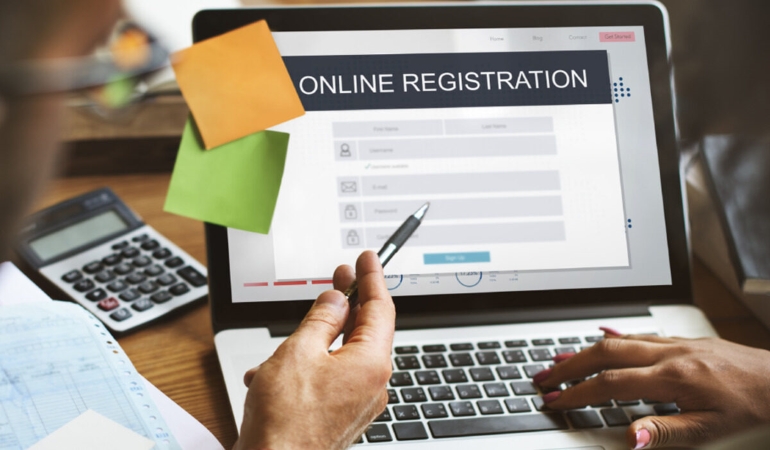The work of a plaintiff trial lawyer could be complicated, yet challenging. Primarily, their main responsibility is to make sure that their clients receive the justice they deserve. This would entail having a combination of skills, experience, and an in-depth understanding of the legal system. Whether cases involve personal injuries, breach of contract litigation, or any other kind of case where you’re dealing with civil litigation, you play a role of extreme importance in helping your clients navigate their way through the courtroom’s complexities. In this article, we discuss some tips that your plaintiff trial lawyer can best represent and bring you the most favorable results.
Plaintiff Trial Lawyer: Know Your Client’s Needs
The very first step in successful legal representation is to understand the individual need of your client and their goals. Every client comes with his or her set of expectations, concerns, and priorities. So, take time to listen carefully and ask the questions that help you understand what your client hopes to achieve through the legal process- be it financial compensation or emotional closure or just something else. Understanding your clients’ needs lets you flex your approach and strategy to meet their goals.
Moreover, client sensitivities have to be respected through clear communication of case outcomes and timelines. Communicating with your clients is crucial since they’ll feel included in it and more confident with whom they entrust their cases.
Plaintiff Trial Lawyer: Research on Case Study
The most significant lawyer tips of the plaintiff trial lawyers are research in a case. Before one enters into the courtroom, there is a need to find all the facts and proofs that would sustain the client’s case. This includes going through all documents that pertain to the case, identifying the most vital witnesses that one needs to pin down in the case, and making sense of any kind of precedents in law that could affect your case.
Knowing case law, statutes, and legal frameworks will favor you a lot when you are winning the case; therefore, get familiar with the rulings and decisions regarding your case. Thus, research helps ground your argument better and prepare well in case of trial.
Trial Strategy
An effective trial strategy is the foundation of a compelling case. For a plaintiff trial attorney, that would mean that you anticipate how the defense will argue its case and then have prepared counterarguments in which you can rely on them to present against the defense. Focus on the narrative as you build a case so that it is centered on the key facts and pieces of evidence that support your client’s claims.
A good, organized trial strategy should include:
Opening Statements: Prepare an opening statement clearly outlining the key facts and themes of the case. This creates a background for the trial, letting the jury have an understanding of the case right from the start.
Witness Testimonies : Plan how you will use witnesses to strengthen your case. This involves preparing witnesses for cross-examination and making sure there are no inconsistencies or contradicting testimonies with the witness.
- Closing Arguments: Your closing argument must summarize everything and bring out the strongest aspects of your case while explaining away the weaknesses or problems presented by the defense.
- Gathered Good Evidence As much as you have a solid strategy, some preparedness for potential barriers can also make you confident to take on the trial.
Evidence is the backbone of any case. The electricity and compelling nature of evidence offered with the aid of a plaintiff trial attorney can make all of the difference inside the final results of the trial. Gather documentary evidence, tangible evidence, and expert testimonies that may make your case stronger.
Evidence to be considered:
Medical Records: If your client’s case is that of personal injury, then the medical records, bills, and testimony from the health care providers can become an indispensable tool.
-Documents: All communications, for instance, contracts, emails, etc, shall be kept as an overt form of proof when breach of contract or fraud is involved
Physical Evidence: Photographs, videos, and all form of physical evidence help in explaining events.
Witness Testimony: Witnesses are able to speak out concerning the facts of a case including expert input on technical matters that enhance the validity of your claims.
Organize your proof so that it can be presented in an effective manner in court. An organized presentation of proof will work to prove the credibility of your client as well as strengthen your case.
Communicate Effectively with Witnesses
Many trials depend on the testimony of witnesses to either affirm or refute claims. As a plaintiff trial lawyer, effective communication with a witness is crucial to ensure that witnesses give relevant and consistent testimony.
Some of the tips for working with the witnesses are listed as follows:
Pre-Trial Preparation: Meeting with a witness before the trial can help him understand the process and assist him through revising his testimony, discussing his main points of emphasis, and answering any questions they may have had.
Rehearse Testimony: Have the witnesses rehearse their testimony with you, that they know how to narrate their statement in very simple and confident words.
Manage Expectations: Teach the witness what to expect from the trial process, including being cross-examined and possibly having their testimony attacked.
A prepared witness can be a great strength in building your case.
Plaintiff Trial Lawyer: Master the Art of Cross-Examination
While a good case for your client may be important, knowing how to cross-examine the defence’s witnesses is almost equally important. Good cross-examination can destroy the credibility of the opposition’s case and weaken their arguments.
Cross-Examination Do on Contradictions:
Identify inconsistencies in the testimonies produced by the opposing witnesses
Show bias or motive which may affect the credibility of the testimony given by the witness.
Evidentiary Matters: Impugn the credibility of the witness by striking a rod on his qualification or background when pertinent.
Applying effective cross-examining techniques is possible and will, therefore, disprove the defense arguments and strengthen the case of your client.
Plaintiff Trial Lawyer: Negotiate Effectively with the Opposing Party
Although many cases appear in trial, negotiation is a very essential element to the lawsuit process. As a plaintiff trial attorney, negotiation plays a huge role in getting a good settlement if possible with the opposing party.
When Negotiating:
Know Your Bottom Line: Understand what you are willing to accept in a settlement and what you need to achieve for your client.
- Know the Other Party’s Interests: Examine the case of opposing parties, looking for areas where they have strengths and weaknesses. This can be helpful in finding common grounds that can lead to an amicable negotiation.
- Keep It Professional: Negotiations should always be civil and expectant of a resolution favorable to both parties involved.
In the final analysis, negotiation may be a tremendous boon to ensuring a good result for your client, all without having to go through a protracted trial.
Conclusion
Trial lawyer tips for a plaintiff lay down the core principles of preparation, strategy, and effective communication. Understanding the needs of the client, researching the case, formulating a sound trial strategy, and collecting substantial evidence are likely to help bring more successful results in a court of law. Useful training of tactical communication of a witness, cross-examination, and negotiation can also add immense strength to represent your client in court effectively. The tactics help and better prepare you to work through the complications of litigation, equipping you to further help your clients obtain justice.






